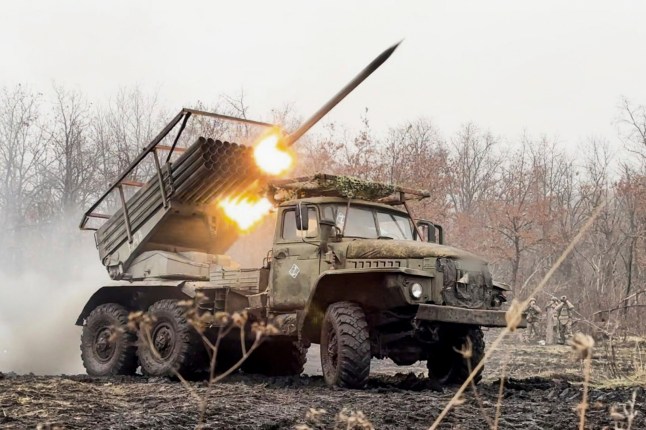
We might have less than two years to prepare for war with Russia, a retired British Army general warned.
Donald Trump is withdrawing US military support for Ukraine, and he is threatening to invade his NATO allies, effectively redrawing the alliances that many feel have helped preserve peace in Europe for decades.
The less reliable the USA becomes as an ally under Trump’s presidency, the more vulnerable Europe is to an all-out Russian invasion, General Sir Richard Shirreff argues.
Russia’s President Vladimir Putin is prepared to exploit that, Shirreff believes, meaning the ceasefire Trump is strongarming Ukraine into will never lead to peace.
Within two years, the former Deputy Supreme Allied Commander Europe for NATO thinks Russian tanks will ‘roll across the border into Estonia and Latvia’.
Writing for MailOnline, he said: ‘Within four hours they are approaching the Estonian capital of Tallinn.
‘The British-led Enhanced Forward Battle Group in Estonia puts up brief resistance but takes heavy losses before being overwhelmed and forced to withdraw.’
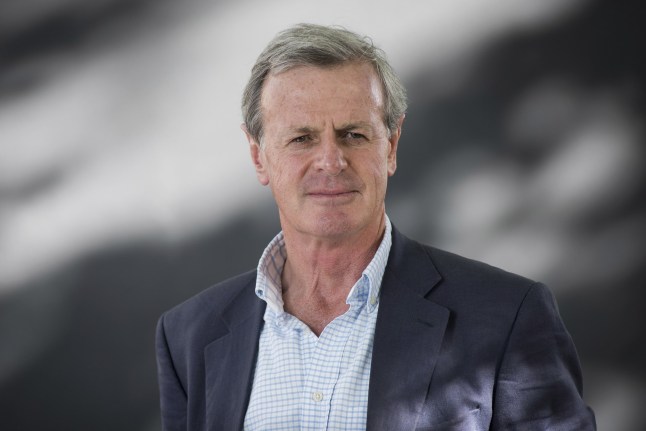
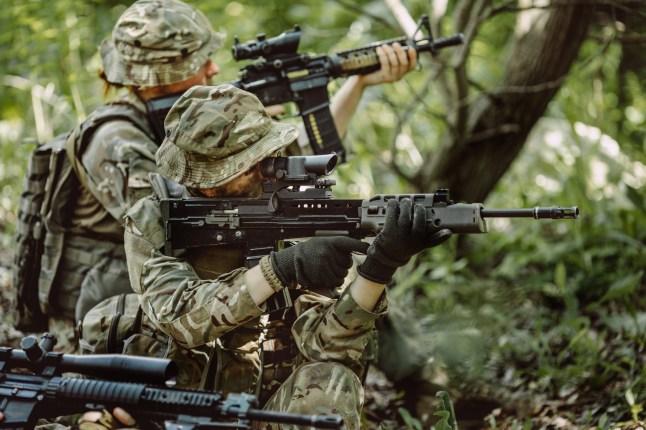
Ultimately this would lead to the UK announcing it is formally at war with Russia, with Britain’s allies in Germany, France and Italy following suit.
But years of political polarisation – often fuelled by Russian money, bot accounts and astro-turfing – may have succeeded in dividing Nato.
‘As well as Romania, Hungary, Slovakia, the US refuses to offer support’, Shirreff said.
He predicts this war won’t be contained to just countries on the peripheries of Europe.
Russia could fire its missiles at RAF bases in England and other targets in Western European countries, which launch retaliatory strikes on Russian energy and military infrastructure, while sending reinforcements to the Baltic states.
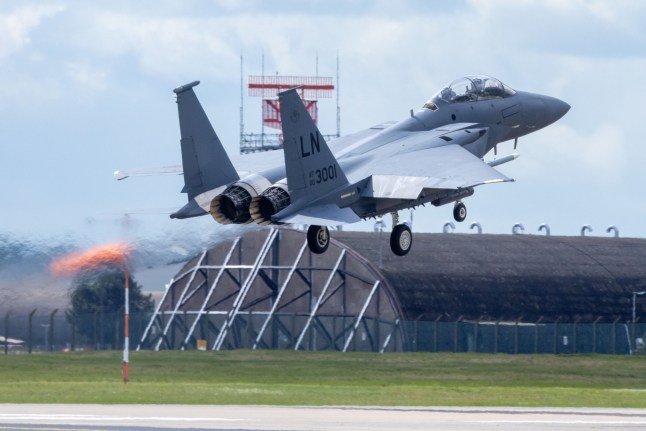
Shirreff has a rather elaborate fantasy for the next two years – from Russian troops executed in the Donbas, to another Putin landgrab in Ukraine, welcomed this time by Trump under the guise of peace.
The retired general sees a future where former boxer and mayor of Kyiv Vitali Klitschko replaces Volodymyr Zelensky as President of Ukraine.
Klitschko, Shirreff thinks, will then use the return of all-out war to fire nuclear missiles – developed in the next two years – at Russia, destroying a city, sparking an ultranationalist coup in Moscow and the secession of various ‘vassal republics in the far east and the Caucasus’.
This, he thinks, will lead to Putin’s regime collapsing and, with it, Russia’s warmongering – never mind the fact these ultranationalists are even more hawkish and many of these vassal states are dominated by ethnic Russians.
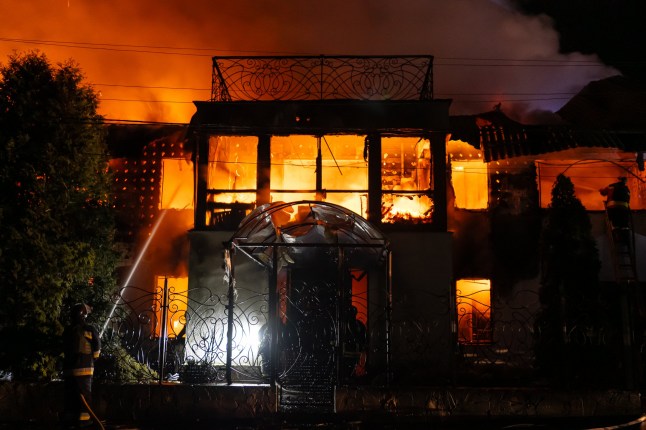
‘Fiction this might be’, Shirreff wrote. ‘But if we duck the opportunity to become masters of our fate, it will be Putin, not us, who is in control.
‘Again, whether the West can survive depends on how well prepared we are.’
There is plenty of evidence of Russia’s desire for expansion.
At least 150,000 people – mostly civilians – were killed when Russia suppressed a war of independence in Chechnya, a region of Russia, in the 1990s.
Hundreds died and nearly 200,000 were displaced in its invasion of neighbouring Georgia in 2008. Regions of the country remain occupied.
Russia is believed to have killed more civilians in Syria than ISIS did. Roughly 25,000 died in airstrikes carried out to prop up the allied Assad dictatorship.
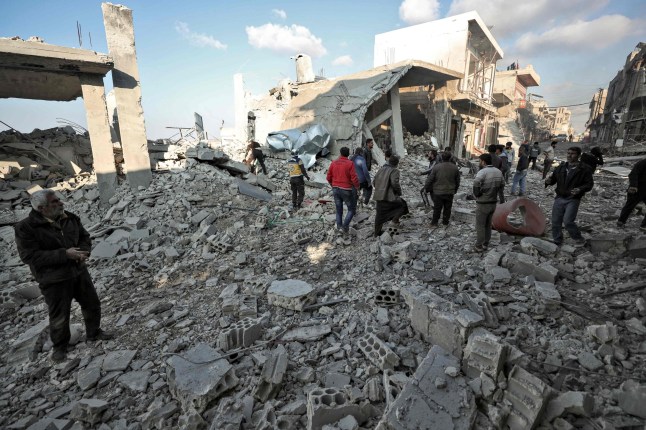
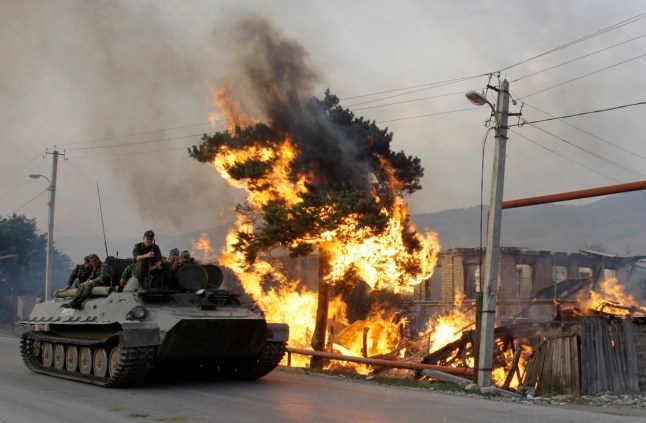
Fantasising about the outbreak of war by 2027, Shirreff said: ‘The hundreds of billions of euros poured into strengthening our armed forces in the past two years means we can defend ourselves – and hit back hard.’
On that, European leaders appear to already be acting by hiking spending while weighing up plans to send peacekeepers to Ukraine, with or without US support.
Prime Minister Keir Starmer announced an extra £13.4 billion in defence spending each year from 2027, in a statement to the House of Commons last month.
He told MPs: ‘One of the great lessons of our history is that instability in Europe will always wash up on our shores, and that tyrants like Putin will only respond to strength.’
European Commission President Ursula Von der Leyen announced up to £674 billion for rearming Europe and Ukraine earlier this month.
Poland leads the way with a plan to spend 4.7% of its GDP on defence – higher than the 3.4% spent by the US last year.
France’s defence budget is expected to reach £57 billion per year by 2030, up from £42.5 billion this year.
Belgium aims to increase its defence budget from 1.3% of GDP to 2% by 2029.
Denmark has announced a £5.6 billion defence fund, and Germany – usually reluctant to confront Russia or boost military spending – is contemplating easing its debt brake to finance defence.
Much of this is coming at the cost of welfare benefits – Finland bought new fighter jets but cut out-of-work payments and housing allowances last year.
But, Shirreff warned, ‘we might have left it too late’.
Get in touch with our news team by emailing us at webnews@metro.co.uk.
For more stories like this, check our news page.